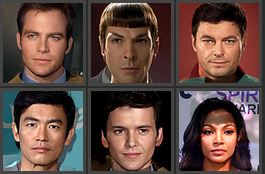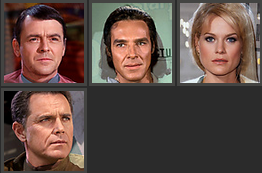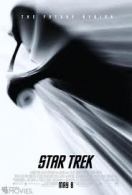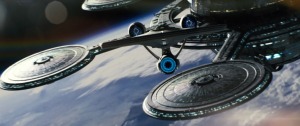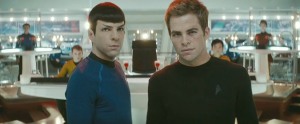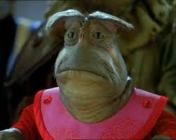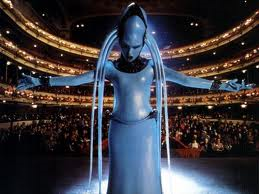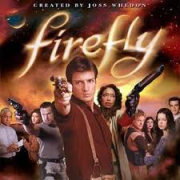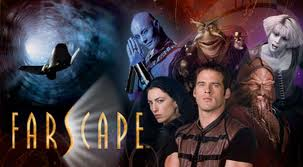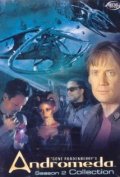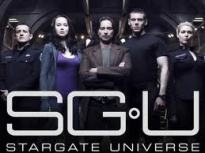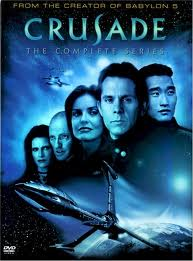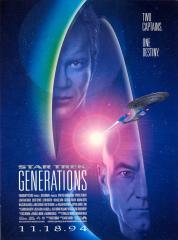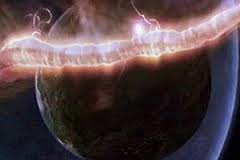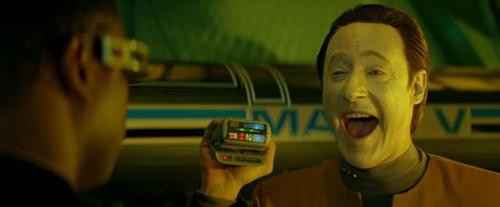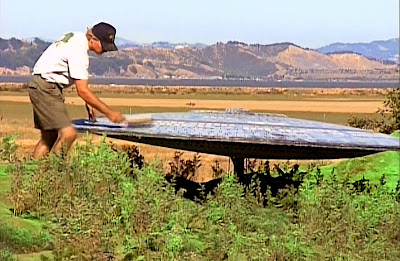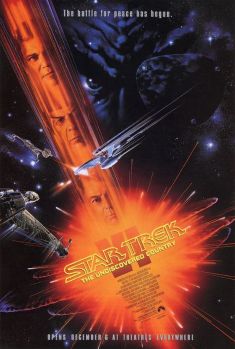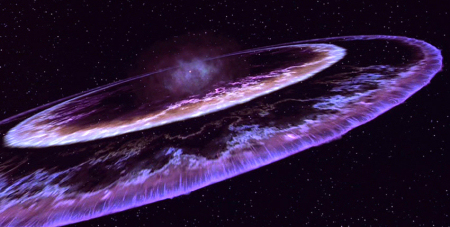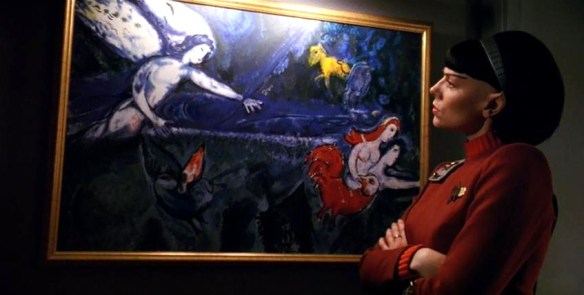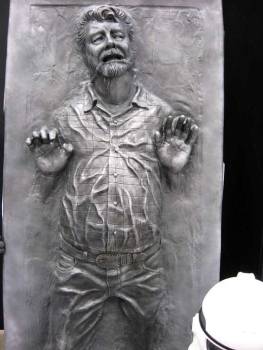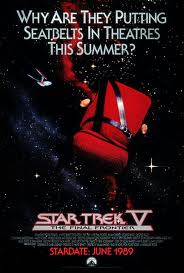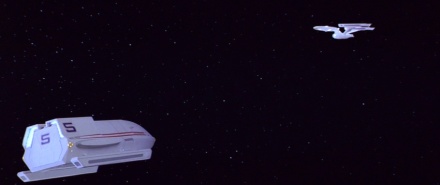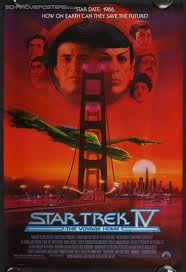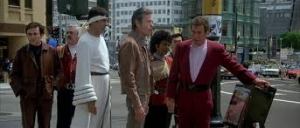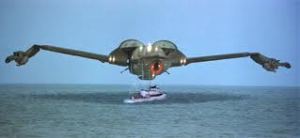This post investigates the final seasons of great TV shows and asks the question – why do so many of them fall short? I’ve been inspired to write this down following one of the most disappointing final seasons I’ve ever seen.
Dexter used to be such a great show, defined by morally ambiguity and dark plot lines. The remarkable writing meant that, against all the odds and our own best judgement, the viewer sided with a serial killer. With clever plot twists and intriguing mysteries, some of which evolved over many seasons, Dexter made for compelling viewing.
Below are three shows which I feel had terrible final seasons…
Dexter
The problem: Lazy and inconsistent characterisations, coupled with ill-conceived plot lines and narrative dead ends.
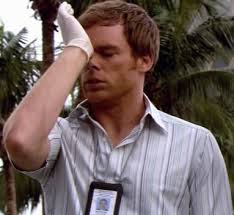 In the final season of Dexter, I found that I no longer cared what happened to the character, or how the plot unfolded because nothing made sense any more. For a start, characters stopped behaving in believable ways. If you were a beautiful blonde woman hiding out from the police, wouldn’t you dye your hair? or wear clothes that didn’t attract attention to you?
In the final season of Dexter, I found that I no longer cared what happened to the character, or how the plot unfolded because nothing made sense any more. For a start, characters stopped behaving in believable ways. If you were a beautiful blonde woman hiding out from the police, wouldn’t you dye your hair? or wear clothes that didn’t attract attention to you?
The final season provides no closure, the tension doesn’t rise to a crescendo, instead the season plods along until Dexters former lover Hannah shows up. Dr. Vogel , played brilliantly by Charlotte Rampling, is revealed to be the woman responsible for introducing Dexter’s code (he only kills killers). Initially, the character is interesting and strong, but soon becomes a dull, useless victim. Finally, she is revealed to be completely stupid as she tries to re-connect with her own serial killer son, with predictable results.
Other plot lines introduced in the final season, such as Masuka’s protegé/daughter are left unresolved and go nowhere. Deborah’s hatred for Dex disappears incredibly quickly following a counselling session with Vogel after she tries to kill him. Right at the end of the series, there is suddenly a hurricane to facilitate the end of the story.
Remind yourself that the show was great: Re-watch season 4. Arthur Mitchell, played by John Lithgow puts in one of the most compelling performances in recent memory. Dexter just doesn’t get better than this.
Lost
The problem: The writers were making the story up as they went along and never gave thought to the payoff.
‘Doing a Lost’ should enter the lexicon as ‘a failure to payoff viewer investment’. After six seasons full of mystery and intrigue, the payoff was that the characters were in a sort of ‘purgatory universe’ between heaven and hell. The finale left us with narrative dead ends and unresolved plot lines. The whole thing was a quasi-religious mess and it became clear that the writers never had a resolution to the mysteries that they had developed.
Remind yourself that the show was great: Re-watch season 1,2 or 3. A personal favourite is ‘Walkabout’ from Season 1.
Star Trek: The Next Generation
The problem: A final season that eschewed any proper Science Ficton for self-indulgent soap opera.
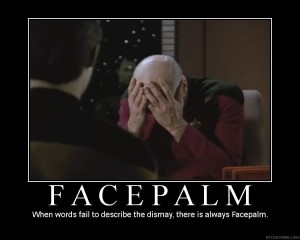 The Next Generation always had a nice mix of soap opera in with the hardcore SF concepts. Sadly though, the final season of TNG focuses far too much on family.
The Next Generation always had a nice mix of soap opera in with the hardcore SF concepts. Sadly though, the final season of TNG focuses far too much on family.
We see Picard dealing with a clone of his son, Geordi dealing with the death of his mother, heck, even Data meets his android mum.
When the show does do a high concept SF episode, it’s the nonsensical ‘Genesis’ where the crew de-evolve into primitive creatures. Fortunately, the season is saved with a couple of great episodes (Parallels and The Pegasus spring to mind) as well as the best episode of the series – All Good Things.
Remind yourself that the show was great: The series finale ‘All Good Things’ was brilliant, a proper hardcore SF concept mixed in with a terrific performance from Patrick Stewart. The final scene, where he joins the ‘family’ for a poker game is a poignant high point for the show.
These three aren’t the only culprits, House also had a weak final season, bogged down with increasingly unlikely scenarios. Quantum Leap, like Star Trek: The Next Generation, had a poor final season, but also made up for it with a brave and brilliant final episode in which Sam meets God in the form of a bartender who has been leaping him about to ‘put right what once went wrong’.
I had expected that the writers of Dexter would introduce one clever final twist that would make the season cohesive, as they had so cleverly done in Season 7, with a stunning final twist. Alas, it was not to be and the series will always be compromised with a limp ending for a show that had dared to be bold and different.

